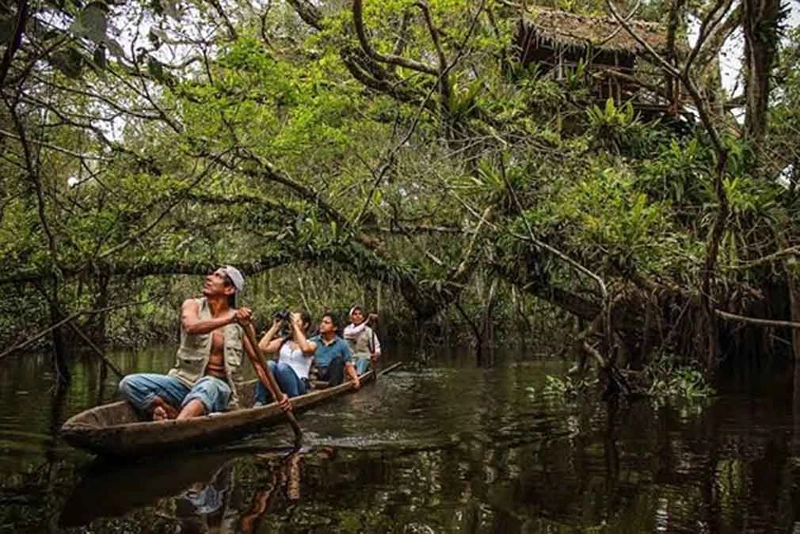Cuban economist and researcher José Luís Perelló today identified tourism as a driver of sustainable territorial development.
In one of his articles, published this Wednesday in the Italian tourism publication Travel Trade Caribbean (TTC), the expert focuses his criteria on this area of the travel industry.
He states that tourism continues to be a powerful driver of change in the economic and social structure of developing countries.
That is, it can only be conceived as a result of a given context. Which means that it must be integrated, as an object of development, into a specific framework.
And this framework points to its unique features, respecting the history of the communities or territories where it operates—their productive chains, relationships, and traditions—as well as the aspirations to maintain tourist resources and attractions.
He emphasizes that tourism, seen as a proposal for the social valorization of a geospace. Always maintains a direct relationship with the territory.
The latter is understood as an area of administration and management, but, above all, as a social construction of meanings and significance, as a living space and as a resource.
Therefore, in this sense, the productive transformation of a territory considered preferentially used for tourism must take place within a specific institutional framework. This framework must be pluralistic and participatory at the local level.
Furthermore, strategic coordination must become a determining instrument for productive transformation with equity, and in this, the role of the State focuses on hosting the transformation and generating behaviors that converge with common goals.
The role of tourism in development must promote the fruitful transformation of a territory by creating new sources of dynamism that allow for the achievement of sustainable development objectives based on growth. Improving income distribution, and consolidating democratizing processes.
Perelló also aims to achieve greater community autonomy, create conditions that halt environmental deterioration, and improve the quality of life in the locality where it operates.
To reinforce his criteria, he highlights a series of points of interest, such as the comprehensive update of the socioeconomic model, industrialization as the axis of productive transformation. The pursuit of improved competitiveness, sustainable growth, and consideration of the environmental and geographic-spatial dimension.
Perelló concludes his extensive article by noting that in this multidimensional context. Tourism should be conceived as one of the few economic sectors that enjoy the versatility and flexibility to adapt to the unique conditions of each territory and each population.
With information from Prensa Latina
- Divep Company in Holguin Boosts Industrial Production Plans - 27 de February de 2026
- A Sustainable Approach to Nature Preservation in Holguin - 27 de February de 2026
- Fear in the Heart of Cuba - 27 de February de 2026

